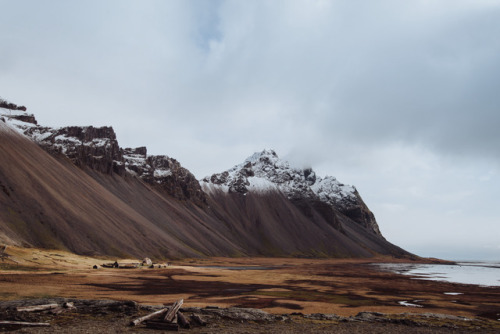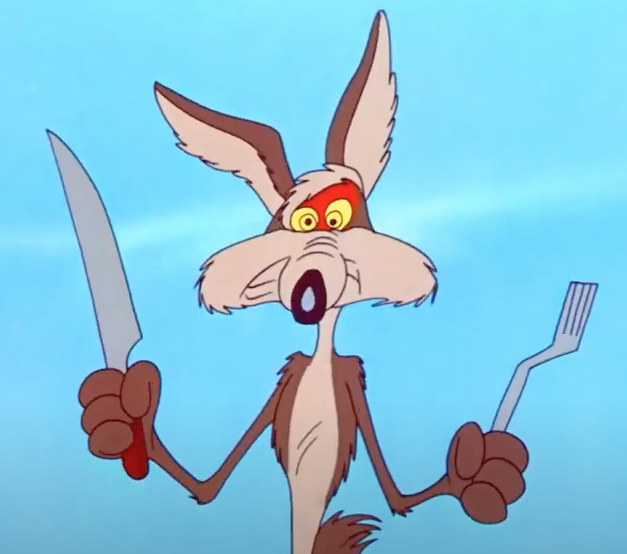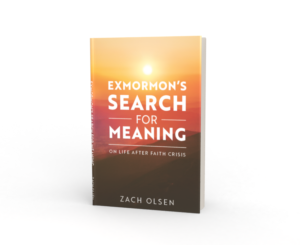What struck me the most when finishing Jared Diamond’s book Collapse, is his statement about the need for societies to reconsider core values in order to survive. He points to the Greenland Norse who stubbornly held to their pastoral, European identities to their own demise. They insisted on maintaining livestock which consumed a disproportionate amount of agricultural resources because they were a sign of high status. The Norse had contempt for the Inuit and refused to value their practice of burning seal blubber for heat and light. Instead of sending ships on lumber-gathering missions in order to relieve the pressure on their own forestlands, they sent men to the coast to hunt for walrus. Walrus tusks were used to trade for things to build and adorn their religious churches. Surprisingly, there are no fish bones in Norse archeological remains for the simple reason that the Norse didn’t eat fish. For one reason or another, they had a cultural taboo against it despite the fact that eating fish would have substantially reduced the ecological demands of the Norse settlements. Instead of choosing to change their values and eat fish, trade with the Inuit or prioritize building reserves of fuel and food over building cathedrals, they died.
The Norse story from the 1300’s is put into stark reality by Farhad Manjoo’s recent article in the New York Times entitled, It’s the End of California as We Know It. California is suffering year after year from wildfires, blackouts, diminishing air quality, housing affordability, homelessness, traffic — all human-made catastrophes. Californians appear to be just as stubbornly committed to their values as the Norse of Greenland. He writes, “If we redesigned our cities for the modern world, they’d be taller and less stretched out into the fire-prone far reaches — what scientists call the wildland-urban interface. Housing would be affordable because there’d be more of it. You’d be able to get around more cheaply because we’d ditch cars and turn to buses and trains and other ways we know how to move around a lot of people at high speeds, for low prices. It wouldn’t be the end of the California dream, but a reconceptualization — not as many endless blocks of backyards and swimming pools, but perhaps a new kind of more livable, more accessible life for all. But who wants to do all this? Not the people of this state.” Diamond explains Californians attitudes by saying: “The values to which people cling most stubbornly under inappropriate conditions are those values that were previously the source of their greatest triumphs.”
I’m not a Norseman nor a Californian, but I’m just as human. What values do I have that undermine my ability to live happily now and provide my kids a chance of living happily in the future? Would I be willing to change zoning rules in my neighborhood to meet the housing demands even though it would cause my property value to decrease? Can I change my meat-eating diet so that I don’t contribute to the devastating effects of livestock agriculture which is a leading cause of global warming? Can I stop driving a car and booking long distance flights for vacations abroad? Can I deny myself the constant onslaught of consumer culture? Would I still be American if I did? Would it be moral to deny attempts of 3rd world cultures the chance of living my 1st world lifestyle, along with all of the negative effects to the planet that that entails?
To some extent those value choices that define and cement my culture are very important in maintaining a shared identity with others in my community which engenders trust and cooperation. So if a failure of living a sustainable lifestyle doesn’t kill us, then maybe the death of our culture will. But I do think, in the face of a threatened planet, I could change my values and accordingly, my lifestyle.






